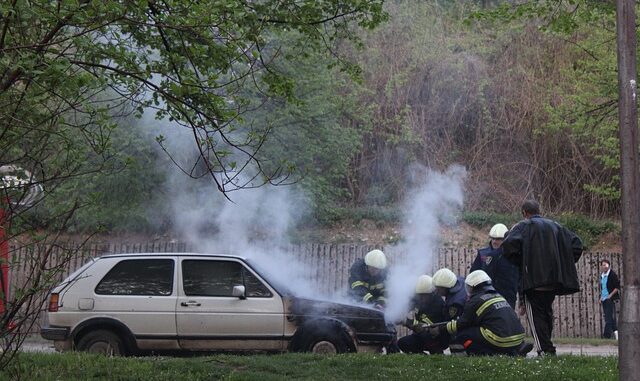
Car accidents are an unfortunate reality on Ontario roads. When a collision occurs, the question of fault becomes paramount, especially for insurance claims and potential legal action. While various factors contribute to determining fault, the accounts of independent witnesses can be invaluable in piecing together the events leading up to an accident.
The Importance of Fault Determination in Ontario
In Ontario, the determination of fault in a car accident directly impacts:
- Insurance Claims: The at-fault driver’s insurance typically covers the damages and injuries sustained by the other parties involved.
- Legal Liability: In severe cases, the at-fault driver may face legal consequences, including fines, license suspension, or even criminal charges.
How Fault is Determined in Ontario
Fault determination in Ontario is complex and involves a multi-faceted approach:
- The Highway Traffic Act (HTA): This provincial legislation outlines the rules of the road and the duties of drivers. Violations of the HTA can be strong indicators of fault.
- Police Reports: Police officers investigate accidents, gather evidence, and may issue tickets to drivers who have violated traffic laws. While their reports are not definitive proof of fault, they carry significant weight.
- Evidence from the Scene: Photos, videos, and vehicle damage can help reconstruct the accident and determine how it occurred.
- Witness Statements: This is where witness accounts become critical. Independent witnesses, those not involved in the accident, can provide unbiased observations of the events leading up to the collision.
The Power of Witness Testimony
Witness statements can significantly influence the determination of fault in the following ways:
- Corroborating Evidence: Witnesses can confirm or contradict the accounts of the drivers involved, providing a more objective perspective.
- Filling in Gaps: Witnesses may have observed details that the drivers missed, such as traffic signals, road conditions, or the actions of other vehicles.
- Establishing Liability: Witness testimony can help establish which driver was negligent or reckless, contributing to the accident.
Finding and Interviewing Witnesses
If you’re involved in an accident, take immediate steps to identify and interview witnesses:
- At the Scene: Get names, contact information, and brief statements from anyone who saw the accident.
- Canvassing the Area: If possible, return to the scene later and ask businesses or residents if they witnessed anything.
- Social Media: Post a request for witnesses on local community pages or online forums.
What Information to Gather from Witnesses
When interviewing witnesses, be sure to ask:
- Their position and viewpoint during the accident.
- What they saw and heard leading up to and during the collision.
- Whether they noticed any traffic violations or unusual behavior by the drivers.
- Their contact information for follow-up.
The Legal Process and Witnesses
If your case goes to court, witnesses may be called to testify. Their statements can be used as evidence to support your claim or defend against allegations of fault.
Key Takeaway
Witness statements are a crucial component in determining fault in Ontario car accidents. If you are involved in a collision, securing witness accounts is an essential step in protecting your rights and ensuring a fair outcome.
